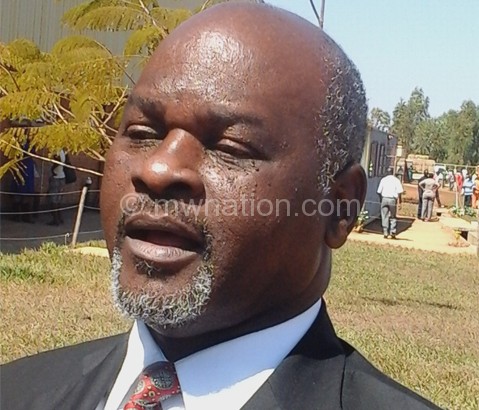EU quota abolition to hurt Malawi
Government and the Sugarcane Growers Association of Malawi have separately expressed concern over uncertainty of Malawi’s sugar market in the European Union (EU), which plans to scrap off sugar quotas come 2017.
The planned arrangement means that Malawi, alongside other sugar producing countries, will lose a significant portion of their export market in 2017 when the EU ends production quotas for its 19 members.
Currently, EU member States are limited to supply a maximum of 13.5 million tonnes of sugar but consume 17 million tonnes a year as the African, Caribbean and Pacific (ACP) States and least developed countries (LDCs) such as Malawi supply up to 3.5 million tonnes through their quota-free, duty-free access to the EU market.
And as time ticks towards 2017, Minister of Agriculture, Irrigation and Water Development Allan Chiyembekeza on Tuesday cited the EU’s removal of sugar quotas as one major challenge facing the local sugar industry.
Said Chiyembekeza: “I know the sugarcane industry is facing challenges ahead as the removal of Quota for beet sugar growers in the EU market by 2017. However, the only way to survive in this global village is to be dynamic and forward thinking.”
Currently, Malawi has a comparative advantage in the sugarcane products over most countries in Africa.
And empirical evidence shows that Malawi is the low cost producer of white sugar in Africa.
On the export front, sugarcane ranks among the top three crops in terms of its contribution to foreign exchange earnings, according to official government statistics.
Speaking separately in a telephone interview, Sugarcane Growers Association of Malawi president Frighton Njolomole estimated that Malawi would likely lose about 10 percent of her sugar exports to the EU.
But he quickly baked hopes that much of the sugar produced is consumed locally while about 10 percent is exported to the outside world.
But Njolomole noted that now African governments are strategising to ensure there is wider sugar market within Africa.






